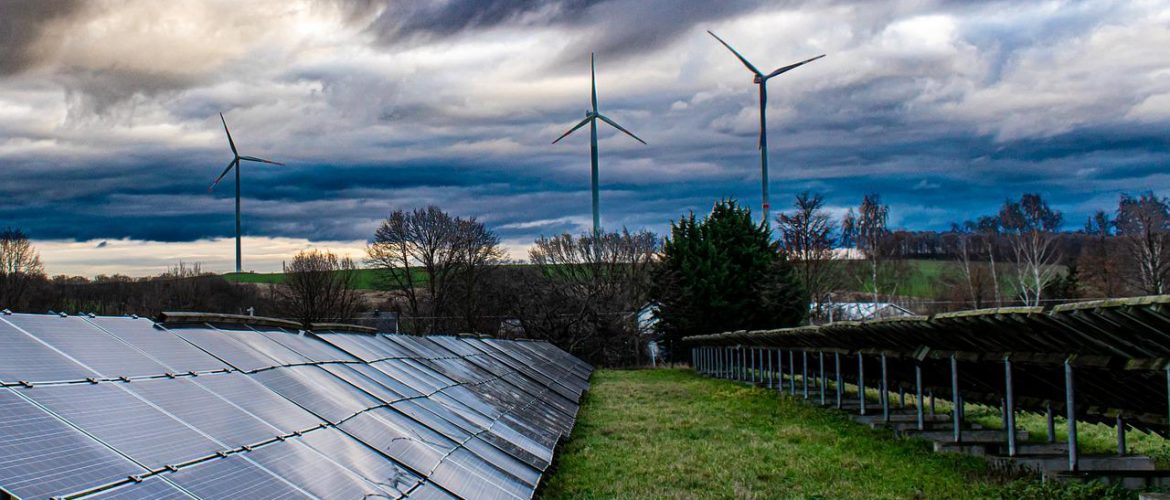Nikos Mantzaris gave an interview on energy crisis, Greece’s 1st National Climate Law and REPowerEU on the radio program hosted by Periklis Vassilopoulos at ERT Radio.
Drawing on the recent analysis of The Green Tank “Trends in Electricity Production – April 2022” which shows an all-time low of lignite in electricity production, the questions discussed concerned the increasing prices in energy and the potential of renewables to cover the country’s energy needs in a cost-effective manner.
Stressing that the energy price crisis has already started in 2021 and was exacerbated by the war in Ukraine, Nikos Mantzaris explained how the further development of renewables – small and large scale – combined with the development of energy communities will shield the citizens’ as well as national economy from further price increases, as opposed to the perpetuation of the lignite-based electricity model or the diversification of fossil gas supply sources.
During the interview, he provided data showing that properly sited renewables are not only environmentally friendly but also more cost-effective than lignite and fossil gas plants. Furthermore, he stressed that their stochastic variability can be addressed in combination with storage technologies such as pump hydro energy storage, batteries, thermal storage and green hydrogen.
Regarding green hydrogen in particular, he clarified that the EU’s massive investments in hydrogen production are fully justified as hydrogen is key to decarbonizing difficult sectors of the economy, especially industry and heavy vehicle transport. However, it would not have the same utility and efficiency in other sectors, such as heating or small vehicles.
On energy communities, Nikos Mantzaris reiterated that they constitute a unique tool in the hands of the citizens as they will be able to produce the energy they consume on their own with significant economic benefits for them and for the national economy. A prerequisite for the uninterrupted deployment of renewables is the development of electricity grids and the establishment of an appropriate institutional framework for storage.
The new National Climate Law was also discussed, stressing the importance of the new national climate target to reduce net greenhouse gas emissions by at least 55% in 2030 compared to 1990 levels. However, Nikos Mantzaris underlined that in many respects, especially in the sector of buildings, the National Climate Law moves in a much more conservative direction than the European Commission’s REPowerEU plan. On the latter in particular, he commented that setting as a central goal the independence from Russian fossil gas by 2027, the REPowerEU plan leads to a de facto increase in climate ambition, while also demolishing the “gas is the transitional fuel” doctrine.
The show was broadcasted live on May 27, 2022. It is available here (in Greek):



















































































































































































































































































































